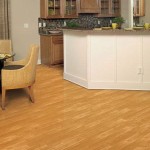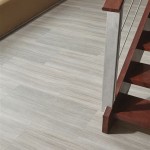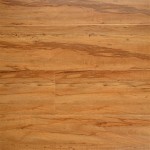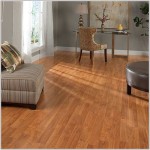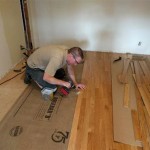Foam Tile Flooring: Essential Aspects
Foam tile flooring has gained popularity due to its versatility, durability, and ease of installation. Whether you're renovating a home gym, creating a cozy playroom, or enhancing a commercial space, foam tiles offer numerous advantages. Here are some essential aspects to consider when selecting and installing foam tile flooring:
1. Material Composition: Foam tiles are typically made from EVA (ethylene-vinyl acetate) or EPDM (ethylene propylene diene monomer) foam. EVA foam tiles are softer and provide excellent shock absorption, while EPDM foam tiles are more durable and better suited for high-traffic areas.
2. Thickness and Density: The thickness and density of foam tiles determine their comfort level, sound absorption, and durability. Thicker tiles offer greater comfort underfoot and better sound insulation, while denser tiles are more resistant to wear and tear.
3. Surface Texture: Foam tiles come in a variety of surface textures, including smooth, textured, and interlocking. Smooth-surfaced tiles are easy to clean and maintain, while textured tiles provide better grip and reduce slipping. Interlocking tiles are more secure and require less adhesive for installation.
4. Color and Pattern: Foam tiles are available in a wide range of colors and patterns. Choose colors that complement your décor and patterns that suit your desired aesthetic. Consider combining different colors and patterns to create unique and eye-catching designs.
5. Installation: Foam tile flooring is relatively easy to install, even for DIY enthusiasts. Clean the subfloor thoroughly and apply adhesive to the back of each tile. Interlocking tiles simply snap together, eliminating the need for additional adhesive. Once all tiles are installed, allow ample time for the adhesive to cure before walking on the floor.
6. Maintenance and Cleaning: Foam tiles are low-maintenance and easy to clean. Regular sweeping or vacuuming will remove loose dirt and debris. For deeper cleaning, use a damp mop with a mild detergent solution. Avoid using harsh chemicals or abrasive cleaners, as they can damage the material.
7. Durability and Warranty: The durability of foam tile flooring depends on the material composition, thickness, and density. Most foam tiles are designed to withstand regular use and can last for several years. Some manufacturers offer warranties to guarantee the longevity and performance of their products.
By considering these essential aspects, you can select the ideal foam tile flooring for your space. Foam tiles offer versatility, durability, and ease of maintenance, making them a practical and stylish solution for a wide range of applications.
Waterproof Interlocking Reversible Wood Grain Floor Foam 20x30 Ft Kit
Diy Interlocking Wood Grain Foam Tiles Waterproof Soft Flooring
Waterproof Interlocking Reversible Wood Grain Floor Foam Tiles
How To Install Foam Floor Tiles Wood Grain Over Concrete
Fleming Supply 24 In W X L 5 1 T Interlocking Foam Gym Floor Tile Sq Ft The Flooring Department At Com
Foam Floor Tiles 24 X 5 8 Thick Wood Grain H 5835 Uline
20 Mm Dual Colour Reversible Foam Play Matting Sprung Gym Flooring
Foam Floor Tiles 24 X 5 8 Thick Black H 5833 Uline
What Are Interlocking Foam Floor Tiles Made Of Popular Options
Faux Hardwood Floor Interlocking Foam Tiles 25 Pack
Related Posts


